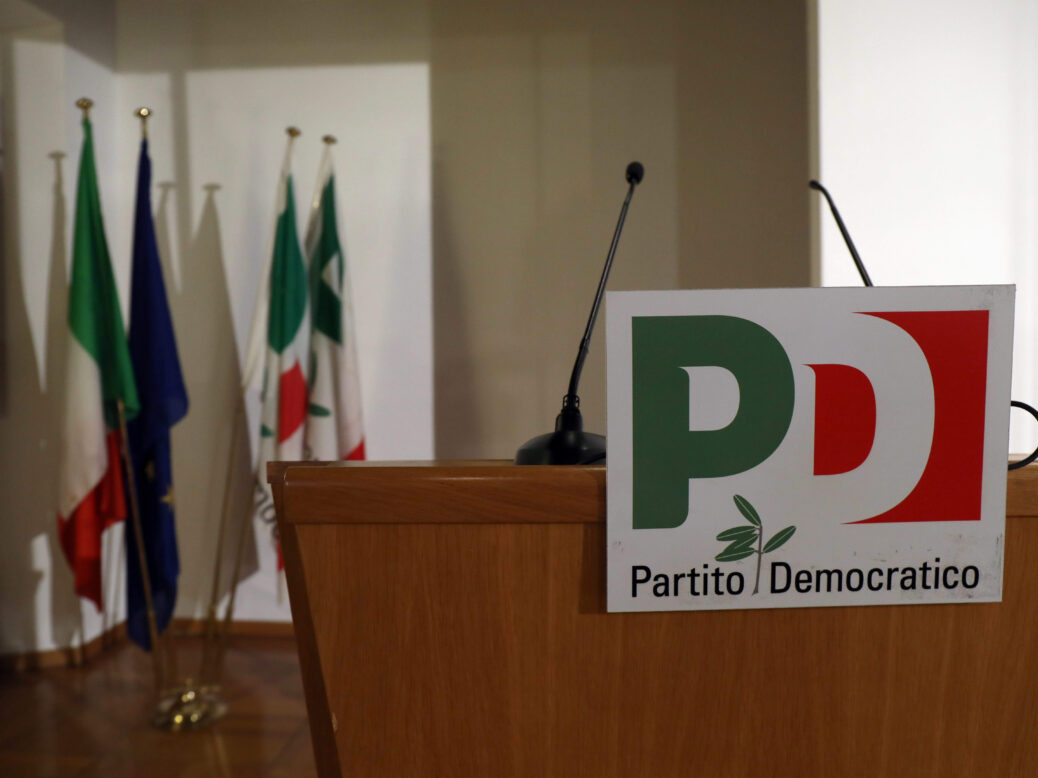
The results from the Italian elections are (mostly) in and the outcome is a major triumph for the 5Star Movement and Lega Nord, who have taken more than half the popular vote and will do the same as far as parliamentary seats go, too.
But the outcome as far as who makes up the government is unclear. 5Star won’t do well enough to form a government alone and have ruled out coalition deals. Promises of that kind have a tendency to be more like guidelines than rules but the party may decide that it is better off remaining on the sidelines.
If not, their most likely coalition partners are on the far and centre right: the nativist party Lega Nord or Silvio Berlusconi’s Forza Italia. (Although the two parties allied together during the election, that pledge is unlikely to prevent them buddying up with 5Star in office should the opportunity arise).
Or – and this is true as I type but may change as the day wears on and results come in – that pre-election pact between Lega Nord, Forza Italia and the Brothers of Italy should have enough seats to form a government should 5Star’s Luigi Di Maio opt to remain in opposition.
One party that is almost certainly heading there are the centre-left Democrats. Although it wasn’t the only reason they did badly, questions will be asked about why they opted to go into an election with Matteo Renzi, whose popularity has badly faded, at the helm and not Paolo Gentiloni, the incumbent PM and most popular politician in the country according to most polls.
The result is a challenge for the European Union and a blow to Emmanuel Macron’s reform plans. The best case scenario for the EU is prolonged paralysis and the worst is a Eurosceptic government in a founder-member of both the EU and the Eurozone. It comes as Mark Rutte, the Dutch PM, has set himself against much of Macron’s agenda in a major speech, and is a reminder that for all Macron’s reform hopes have been boosted by events in Germany they still face considerable opposition elsewhere.





